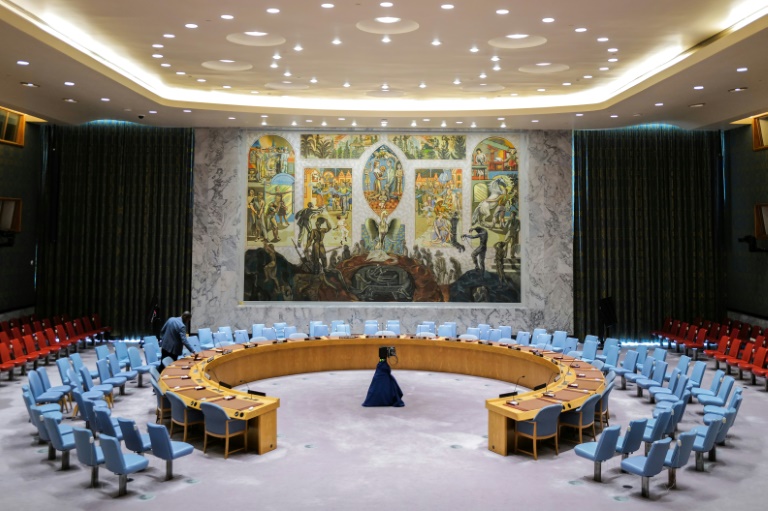Industries globally are grappling with the aftereffects of COVID and geopolitical tensions on their supply chain. These obstacles have forced suppliers and manufacturers to explore new markets and forge connections with previously overlooked regions. Metals of all kinds are highly valuable for their general and critical applications across medical, military, aerospace, and other cases. However, obtaining high-quality resources from reliable sources has become increasingly challenging as historic players have scaled back their distribution. Interlink Metals and Chemicals AG, a leading Swiss titanium distributor and trader, aims to alleviate material shortages and drag in production capacity with a new fully integrated facility in the Middle East.
The global titanium market is projected to reach $52 billion by 2030 as demand skyrockets. In addition to being the ninth most abundant element, titanium has several attractive properties. It is stronger than steel and aluminum, but 45% lighter. The silver-colored metal also has a high melting point, a natural aversion to corrosion, and is very durable and non-toxic. Pure titanium can be used to create products in the aerospace, automotive, and medical fields. Titanium can come in several forms and be combined with other metals to create alloys of aluminum, vanadium, and iron.
Despite the obvious benefits, the titanium trading market is deeply undeveloped due to logistics complications. Few providers specialize in offering commercially pure titanium, which is time-consuming and cost-intensive to produce. The companies that do offer these products are frequently located in regions with difficult circumstances that prohibit economic cooperation.
Research shows that the majority of titanium mineral production globally comes from politically unstable countries. As a result, the industry’s demand and lucrative nature are restrained by the unreliability of its producers. Interlink Metals and Chemicals AG, one of the largest titanium producers and distributors, hopes to offset these challenges by opening a new facility in Bahrain. The company has over 30 years of experience in titanium trading and production, giving it the unique ability to oversee this project.
Due to geopolitical tensions primarily in the eastern region of the world, western nations have struggled to obtain the titanium they need. Considering the economic advantages of producing outside of Europe and North America, Interlink Metals was committed to discovering a solution to sidestep these ongoing challenges. The company has discovered a promising avenue for titanium production in Bahrain. The Middle Eastern country is conveniently situated along the Arabian Gulf, with easy access to Asia and Europe. It offers fixed electric and land costs and access to additional subsidies. Bahrain also has strong foreign relations with the United States and a Free Trade Agreement between the two nations. This is a highly beneficial component of producing titanium in Bahrain as this enables the metal imports to be exempt from the 15% duty.
Interlink Metals has created a subsidiary Bahrain Titanium (BI) to oversee the advancement of this fully integrated production facility. Development will occur in two stages and the plant will be operational by mid-2025. After opening, this new facility will enable the industry to increase capacity and fill the void left behind by players who left the market. The industrial stage of this project has been fully capitalized and equipment is being finalized for the next step of critical application. Once opened, the facility will complete electron-beam melting, vacuum-arc melting, and eventually explore forging, rolling, and tubed products. These outputs will support industrial, trade, aerospace, military, and medical markets in the West.
“The new facility in Bahrain will be a major accomplishment for Interlink Metals and Chemicals, but it will also represent the future of the titanium industry,” says Founder Igor Raykhelson. “It’s critical to enhance production capabilities and build preeminent titanium manufacturing facilities that can help diversify countries’ procurement strategies. The industry has been historically stable with projected demand, but this facility will ensure that supply chain shortcomings are finally eliminated.”
Since entering Bahrain for economic opportunities, Interlink Metals has received overwhelming support in this project. The company has been granted a golden license to operate in the country and has seen additional cooperation from Saudi Arabian suppliers, with much enthusiasm from the global investment community. As Bahrain Titanium receives certification and begins operations, the company envisions becoming one of the most prominent titanium suppliers globally.
By the end of the decade, the titanium industry is expected to grow substantially. With technical advancements in multiple industries, consumer demand for this metal will continue to increase as alternatives become more expensive and less accessible. With the Bahrain facility, Interlink Metals will pioneer a new era of production for the industry and create avenues for economic growth.







